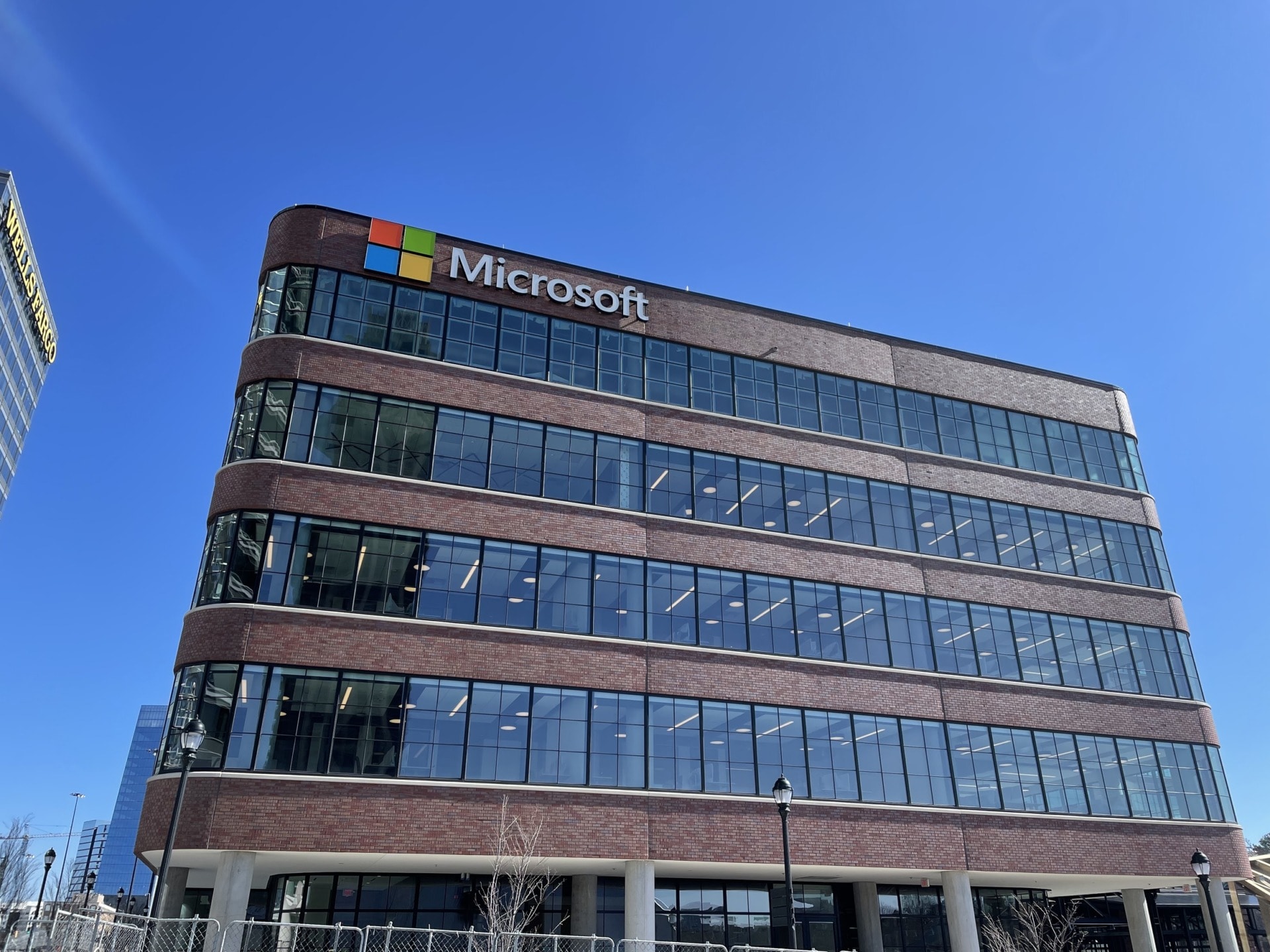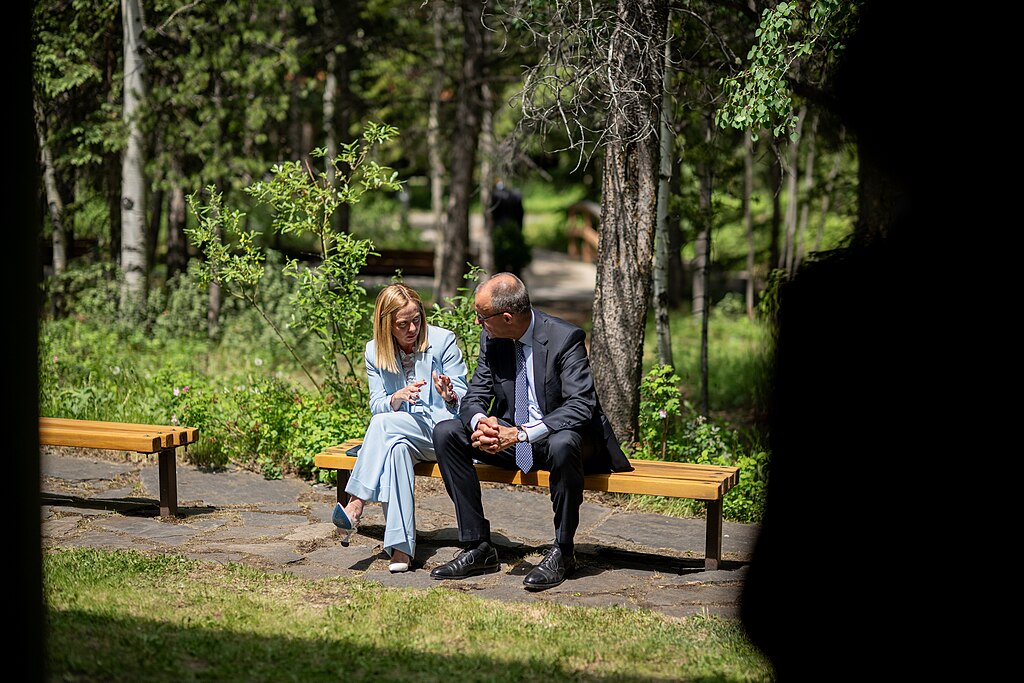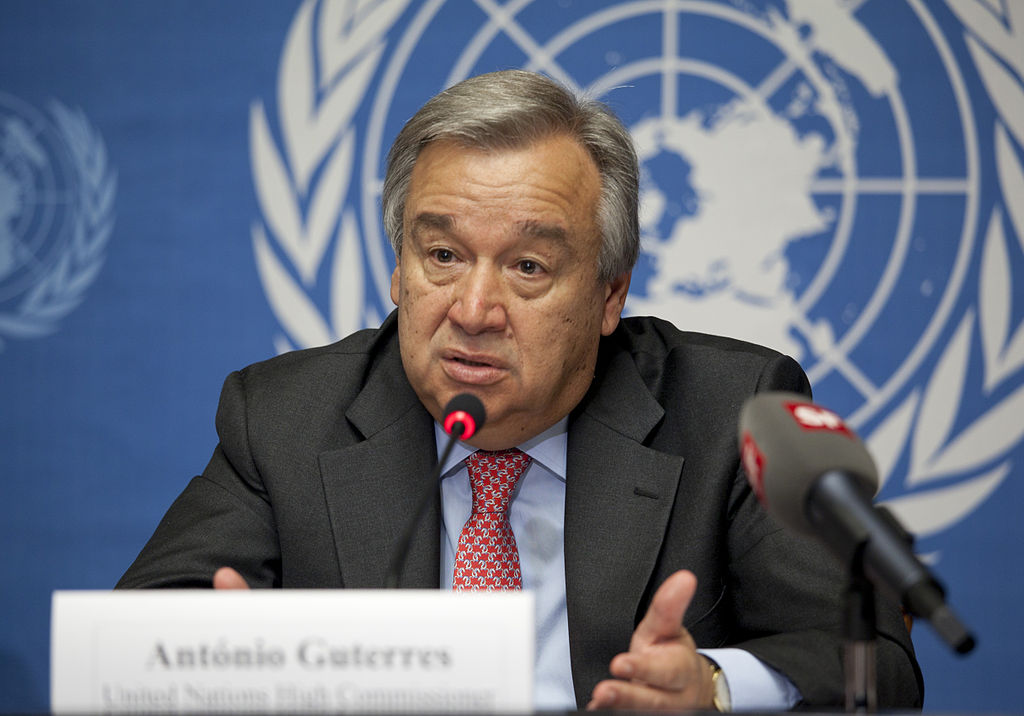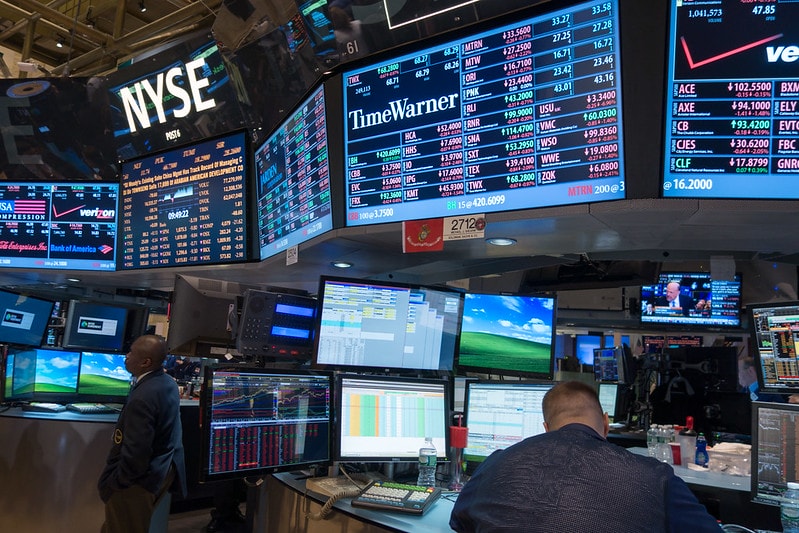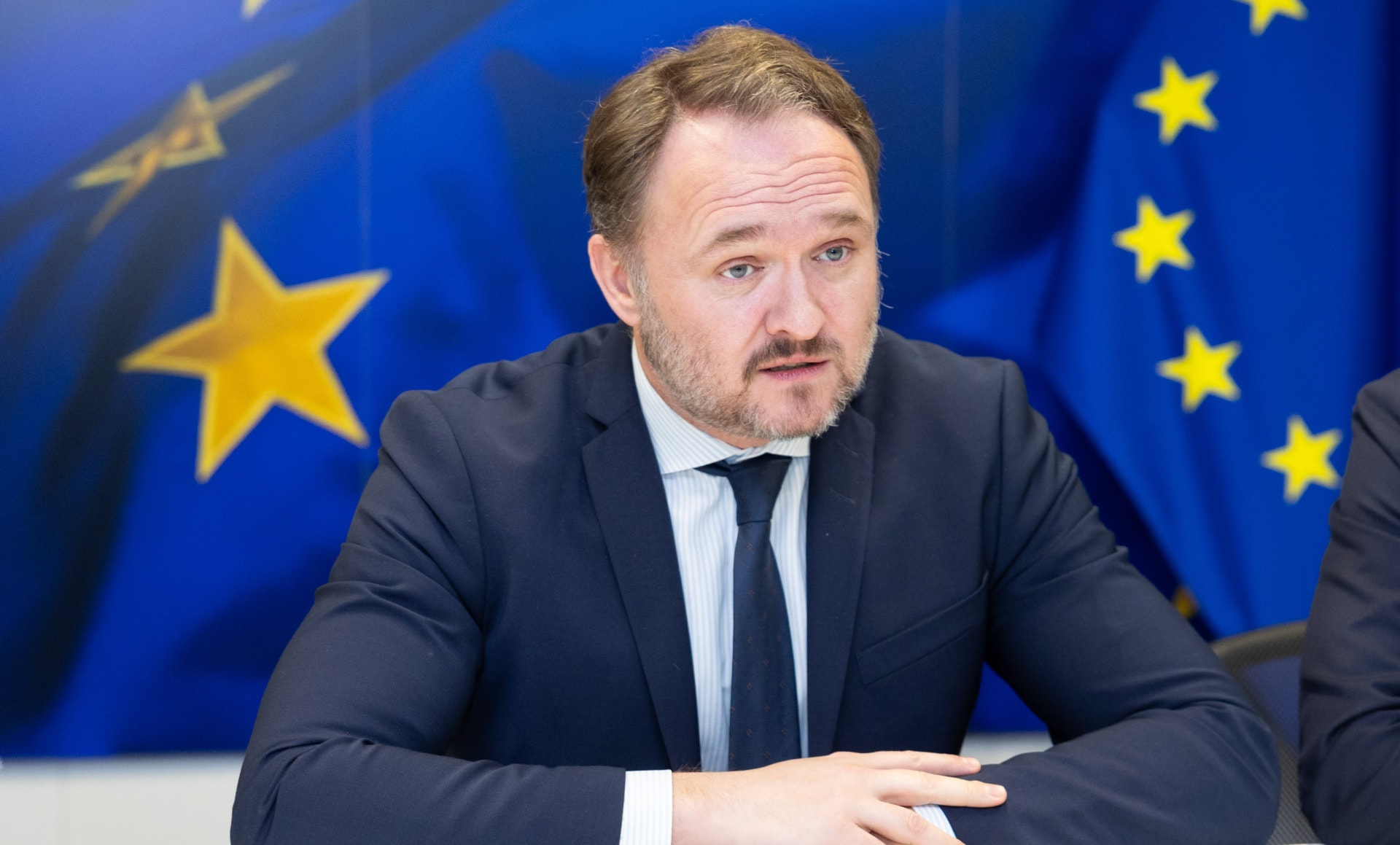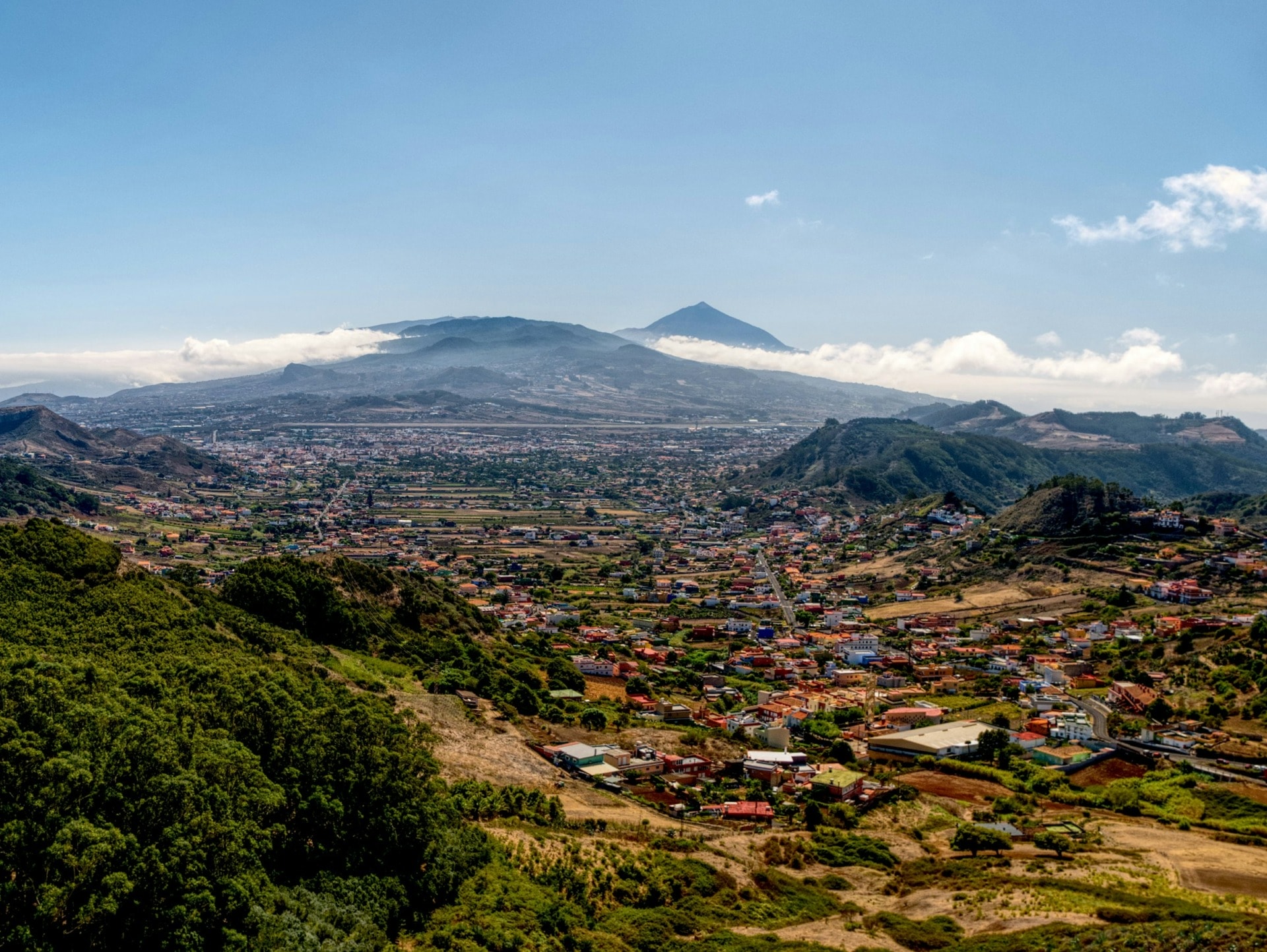The City of Fremont, California, is on a remarkable journey of sustainability and community resilience, particularly in its pursuit of Sustainable Development Goal 7—Affordable and Clean Energy (SDG 7). Fremont symbolizes hope and innovation, inspiring cities worldwide by pioneering local clean energy initiatives and fostering a community of happiness.
At the core of Fremont’s sustainability journey is its multifaceted approach to affordable and clean energy. The City is accelerating its transition to renewable energy sources while fostering regional collaboration and collective action through active participation in a Community Choice Aggregation program, Ava Community Energy (Ava). Ava, Fremont’s not-for-profit local electricity provider, has awarded several East Bay community-based organizations grant funds to support programs tailored to help low-income customers avoid utility debt and disconnections.
Alongside transitioning to renewable energy sources, the City has embraced the integration of zero-emission vehicles. As of 2021/2022, the Fremont Police Department had a fleet of over 40 hybrid or electric vehicles. By prioritizing energy efficiency measures and adopting zero-emission vehicles, Fremont aims to reduce 2005-level greenhouse gas (GHG) emissions by 55% by 2030 and achieve carbon neutrality by 2045. These goals are outlined in the City’s updated Climate Action Plan, Climate Ready Fremont.

Funding Initiatives to Protect Vulnerable Communities
Amidst the City’s remarkable clean energy progress, challenges have emerged, notably fiscal constraints and concerns for vulnerable community members. Mayor Lily Mei’s leadership has been pivotal in addressing these challenges, leveraging grants and programs to support residents with home improvements and drought-resistant landscaping.
For example, Fremont was granted $254,040 from the Energy Efficiency and Conservation Block Grant Program (EECBG) to assist climate initiatives. Specifically, the City will use these funds to reduce its GHG emissions by 25% from 2005 levels, decrease vehicle miles traveled, and lower energy consumption in non-City buildings by 25% from 2005 levels.
Related Articles: The 15-Minute City: How Did a Convenient Concept Become so Controversial? | Sustainable Malmö: Six Short Films Demonstrate How Cities Can Become More Sustainable | The Line City of Saudi Arabia — a Greener Future? | Fort Collins’ Sustainability Journey: A Testament to Holistic Nature Conservation | Top 5 Most Sustainable Cities in Europe to Spend Your Summer Holiday
Fremont aims to achieve its objectives through several initiatives, including but not limited to building retrofits, outdoor lighting upgrades, hybrid vehicle purchases, and community energy. Additionally, the City is partnering with Habitat for Humanity East Bay/Silicon Valley and California communities through the ICLEI USA Action Fund to integrate climate and public health measures into low-income housing programs while developing a data model to track emissions reductions and benefits. Active engagement with regional associations, nonprofits, and energy partnerships is vital to achieving its goals.

Building a Resilient and Happy Community
Fremont’s sustainability journey extends beyond technological innovation, emphasizing the importance of community engagement and holistic well-being. Mayor Mei’s commitment to promoting happiness and mental health is evident in Fremont’s recognition as the “happiest city” in the U.S. for the fifth consecutive year.
The City prioritizes its residents’ holistic health and happiness, recognizing the intrinsic link between environmental sustainability and well-being. Fremont collaborates with community members, community-based organizations, and businesses, exemplified by initiatives like the Fremont Green Challenge and partnerships with Urban Forest Friends. Through these efforts, the City advocates for affordable and clean energy policies, advancing toward a more sustainable and equitable future.
“Building a happier, greener city isn’t just about infrastructure; it’s about community. From empowering our youth to champion clean energy to fostering partnerships with local businesses, our journey toward sustainability is a collaborative effort that resonates with every generation,” shared Fremont Mayor Lily Mei.
Climate Awards and Progress Ahead
Fremont has a distinguished history of climate leadership. Notably, it received top honors for its climate action achievements at the League of California Cities Annual Conference in Sacramento on September 23, 2021. Additionally, on February 7, 2024, Fremont became the first recipient of the SolSmart Platinum designation, recognizing its outstanding leadership at the local level, particularly its commitment to the just and equitable deployment of solar energy.
Moving forward, Fremont is committed to the goals outlined in Climate Ready Fremont. This plan, updated in October 2023, highlights key measures focused on transportation, energy, and waste, including promoting clean power, expanding electric vehicle infrastructure, enforcing green building standards, reducing plastic waste, and more.

Mayor Mei’s leadership exemplifies the transformative power of community engagement and local collective action in addressing climate change impacts. As Fremont continues to innovate and inspire, it serves as a prime example of what is possible when cities prioritize sustainability, happiness, and the well-being of their residents.
Editor’s Note: The opinions expressed here by Impakter.com columnists are their own, not those of Impakter.com — In the Cover Photo: An image of Vargas Plateau Regional Park, Morrison Canyon Road, Fremont, CA, USA. Cover Photo Credit: The City of Fremont.




